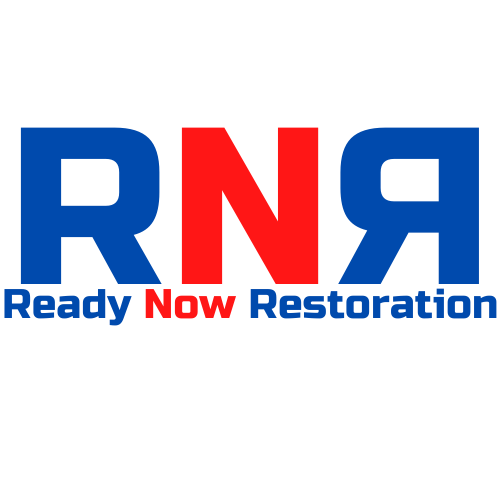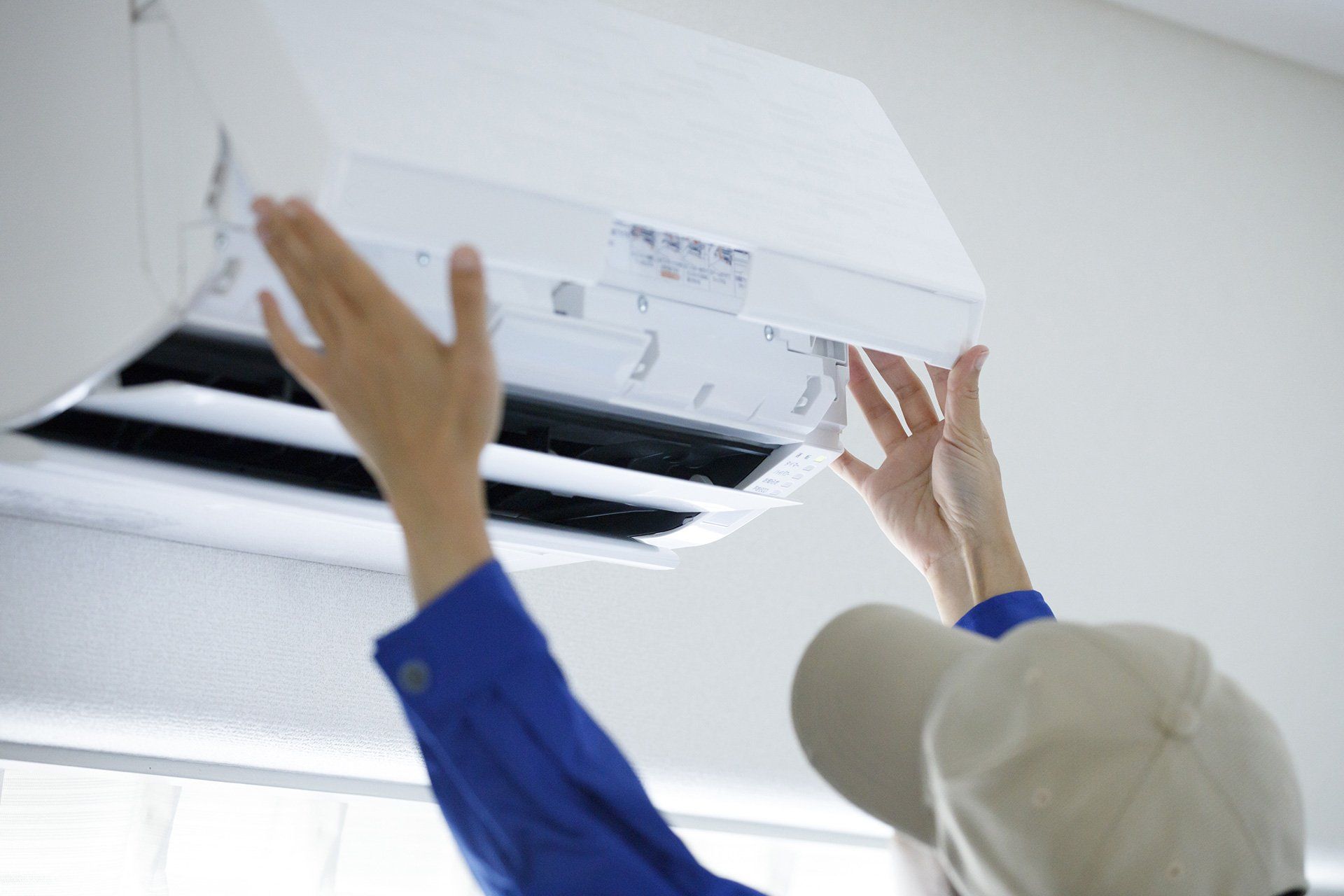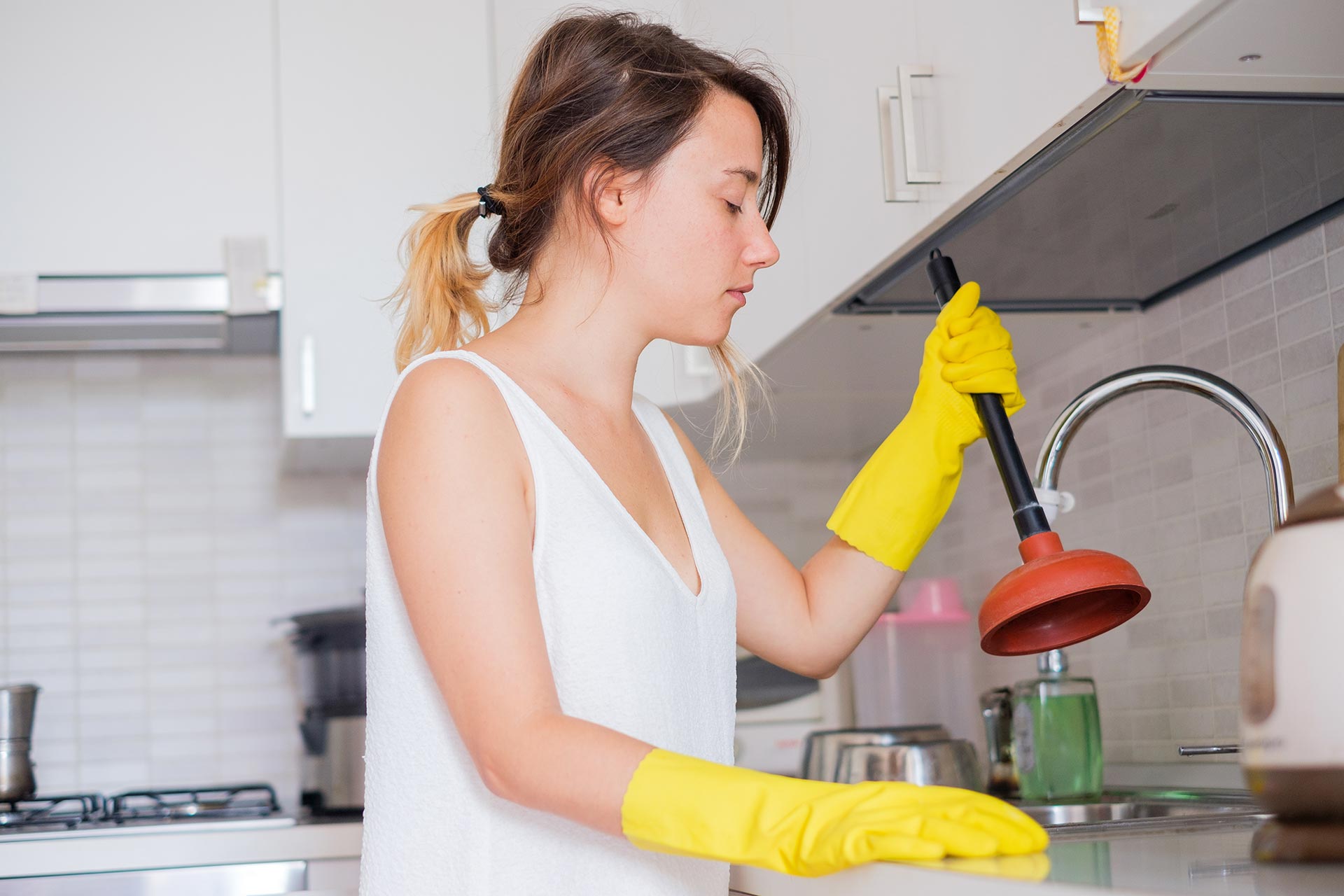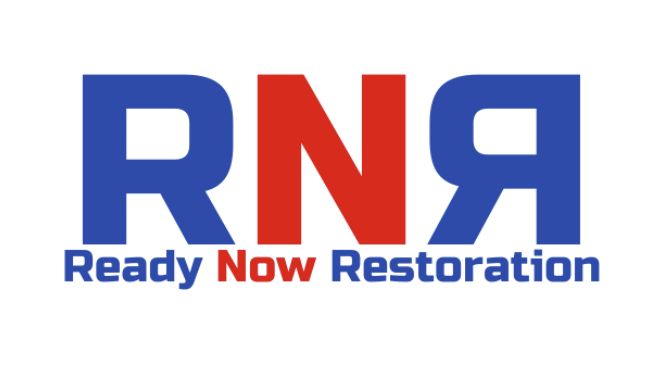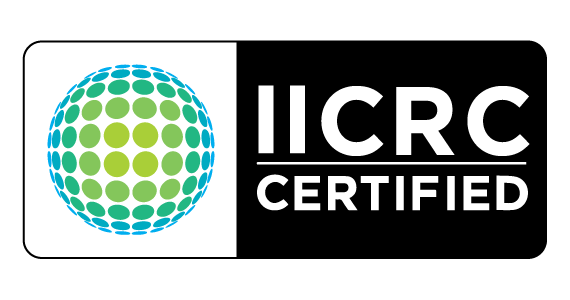Restoration Spotlight
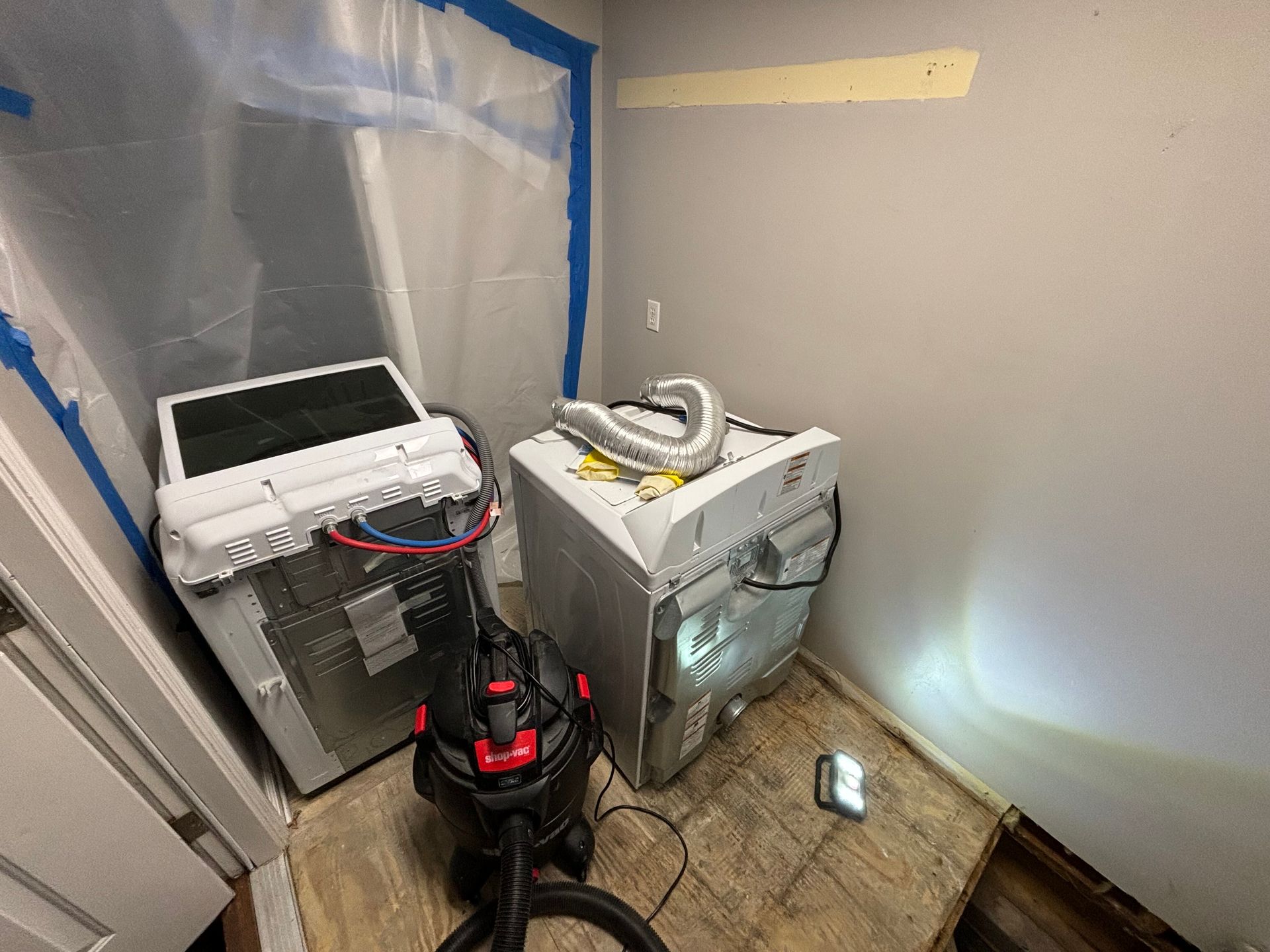
Water damage from washing machines can be a homeowner’s nightmare, often leading to costly repairs and insurance claims. Understanding the causes and implementing solutions is crucial for prevention. Causes of Water Damage Water Leak: A common culprit is a water leak, which can stem from faulty hoses, loose connections, or a malfunctioning washing machine. Type of Water: The type of water matters; clean water leaks are easier to manage than greywater or blackwater, which may contain contaminants. Consequences of Water Damage Gallons of Water: A significant leak can release gallons of water, damaging floors, walls, and personal property. Mold Growth: The presence of moisture creates a breeding ground for mold growth, posing health risks and further property damage. Preventive Measures Regular inspections and maintenance of your washing machine can prevent leaks. Check hoses and connections for wear and tear, and replace them as needed. Solutions for Water Damage Drying Process: If water damage occurs, begin the drying process immediately. Use fans, dehumidifiers, and professional services to ensure thorough drying. Insurance Claim: Document the damage and contact your insurance provider promptly. Understanding your policy helps streamline the insurance claim process. Conclusion By being vigilant and proactive, you can prevent and manage washing machine water damage effectively. Regular maintenance and quick action in the event of a leak are key to protecting your home from the havoc of water damage.

If you're reading this article you most likely have a home with water damage or know of someone that does. So what is water mitigation? The simplest answer is water mitigation is the act of mitigating further damage caused to a property by water. Water mitigation is often coupled with property restoration as they are essentially two sides of the same coin. So why is water mitigation so important? Water mitigation is important to property owners because the cost associated with mitigating the water damage is far lower than the cost needed to repair a property that has suffered secondary damage (i.e mold) and also because if the right company gets to the property in a timely manner and begins mitigation promptly there’s a very good chance certain building materials can be saved instead of replaced. Like hardwood floors for instance. It’s these same reasons that insurance companies strongly encourage property owners affected by water damage to hire a reputable mitigation company in order to reduce the insurers financial liability. But did you know it’s actually written in virtually all insurance policies that the insured (i.e property owner) not only has a right to mitigate further damage but actually has a DUTY to mitigate further damage. That’s right! Insurance companies can and have denied insurance claims because the insured did not take the proper steps to mitigate further damage. This also applies to other covered perils in your insurance policy including fire and smoke damage. When hiring a mitigation company there are several crucial questions you will want to ask before you sign the contract. Unfortunately, unless you’ve read this article or been through a water damage claim before you will likely be asking yourself… What even is a water mitigation company? This lack of detailed information by the general public coupled with the anxiety of water damage in the home often leads property owners into making uneducated decisions which can lead to disastrous outcomes down the road. But don’t fear! Here are 3 questions you or your loved one needs to ask and why if you find yourself in this situation. 1. Will you also complete the restoration aka “build back”? This question is very important because a significant portion of “property restoration” companies don’t actually restore properties. They simply complete the mitigation and (if they're good at what they do) leave your home dry and ready to be put back together. This doesn’t mean you shouldn’t hire these companies, but you should know what you're getting into upfront. If the company doesn’t do the restoration part then it will fall on you to find a good contractor to come in and complete the repairs post mitigation. One thing to look out for is a lot of “full service” restoration companies (meaning the company does the mitigation and build back) will not come in behind another restoration company due to liability concerns. 2. How does the insurance claim process work with your company? The average homeowner in America files a property insurance claim every 10 years. This means that if you’re the homeowner you likely don’t remember the process of your last insurance claim and even so, it’s a high probability that this water damage claim is the first one you’ve ever filed. With that being the case you want to make sure that the company you're hiring is versed in dealing with insurance companies and is able to help you navigate that process to minimize the time between your home being full of water and back to pre-loss condition as well as your out of pocket expenses. 3. What will I owe? It’s important to ask, but this question is difficult for any restoration company to explain and here’s why. Let’s set the scene: You wake up in the middle of the night and walk to the kitchen for a glass of water. Why are your feet soaking wet? You look down and your entire hardwood kitchen floor is soaked with water because the dishwasher supply line burst. You panic… understandably. You call a plumber because that’s what you do when you have a water issue and then you run to the laundry room, grab as many towels as you can and begin to try to soak up the water. You realize the towels are barely doing anything. About that time the plumber shows up and fixes your issue. He/she recommends you call a restoration company given how much water was on the floor. You call and the restoration company shows up 30 mins later. They break out their moisture meters and/or thermal imaging cameras and to your dismay your hardwood floors have already absorbed a ton of water. You ask how much is it going to cost to fix this? The honest answer? I don’t know. You think “How do you not know what it’s going to cost”? This scenario and variations of it happen to hundreds of thousands to millions of Americans every year. It’s the perfect storm of a situation you’ve likely never dealt with, most likely involving the single biggest asset you own (your home), in an area of expertise your probably unfamiliar with, and worst yet, your insurance contract obligates you to mitigate further damage (i.e time is of the essence). Combine all that with the restoration company asking you for a blank check and you can see how this situation could be incredibly overwhelming. You can probably see now why questions 1 and 2 are incredibly important. Let's break down why the question of “how much” is so difficult for restoration companies to answer upfront. You have 2 phases of a full service restoration project. The mitigation and the rebuild (also called build back). If you hire a reputable company they are going to follow IICRC procedure to ensure your hardwood floors have the best chance of drying without damage (i.e cupping and rippling). Does that mean they will be successful? No. So what happens if on day 3 of drying the floors using commercial dehumidifiers, air movers, and drying mats the hardwood floor is cupping and won’t lay back down. Well, the restoration company may decide that that portion of the floor isn’t salvageable now and has to be pulled up. What if your flooring runs continuously throughout your home? This project just went from a few thousand dollars to tens of thousands depending on the size of your home. The honest answer is: As a restoration company we can tell you the possibilities but there are simply too many variables to give a solid quote up front for the vast majority of the projects restoration companies encounter. Mitigation is not like construction in that restoration companies don't have the full picture walking in because the extent of the damage is largely due to how successful the drying process is, which varies depending on location, saturation, water category, level of humidity in the home, etc. The best restoration companies follow IICRC procedure to the tee, document everything for the insurance company, communicate with the homeowner and insurance adjuster every step of the way, work with the insurance company to insure the customer doesn’t come out of their pocket other than their deductible, and most importantly bring the customers home to pre-loss condition in the most cost and time efficient way possible.
